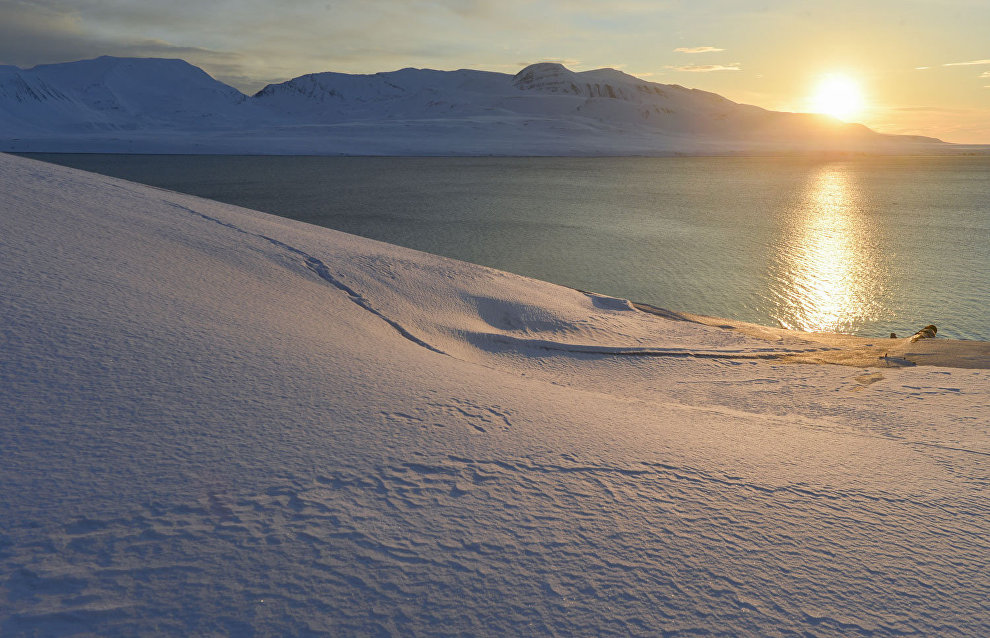Where are the glaciers going? Scientists to find out why the landscape of Spitsbergen is changing
Russian scientists will assess the current state of the glaciers in the Spitsbergen (Svalbard) Archipelago, study the nature of glacial lakes formation and make a forecast for the expansion of new water bodies.
"Our project aims to study a large-scale natural process – the expansion of glacial lakes in the Spitsbergen Archipelago. Specific aspects of the formation, size and flow regime of these lakes are directly connected with the type of glaciers and the relief of the archipelago’s glacial valleys. About half of the lakes are already formed; that this, they have lost contact with glaciers and have no ice shores. Others interact with glaciers and contribute to the melting of their fronts. Most of the lakes are difficult to access; no one has seen them yet," said Robert Chernov, the project head and a glaciologist of the Institute of Geography at the Russian Academy of Sciences.
Now there are about 700 glacial lakes in Spitsbergen . Dozens of reservoirs have an area of more than one square kilometer and together make up a significant part of the archipelago's water resources. This is especially important for supplying the Arctic settlements with water all year round.
"Compared to similar lakes in the mid-latitude mountainous regions, the glacial lakes of Spitsbergen are poorly studied and, in fact, have not been described in quantitative terms. As a result of the project, we will make an inventory of them, providing not only a description of their current condition, but also a forecast for their expansion," added Chernov.
According to preliminary estimates, Spitsbergen may lose more than half of its glaciers by the end of this century. This means that there will be even more lakes on the archipelago, especially in its northern part, where the relief is flatter.
"But it is already clear that we are witnessing climate change. Spitsbergen’s landscape is changing literally before our eyes, birds are already nesting near the new lakes and the landscape as a whole is becoming more beautiful and friendly," Robert Chernov stressed.
